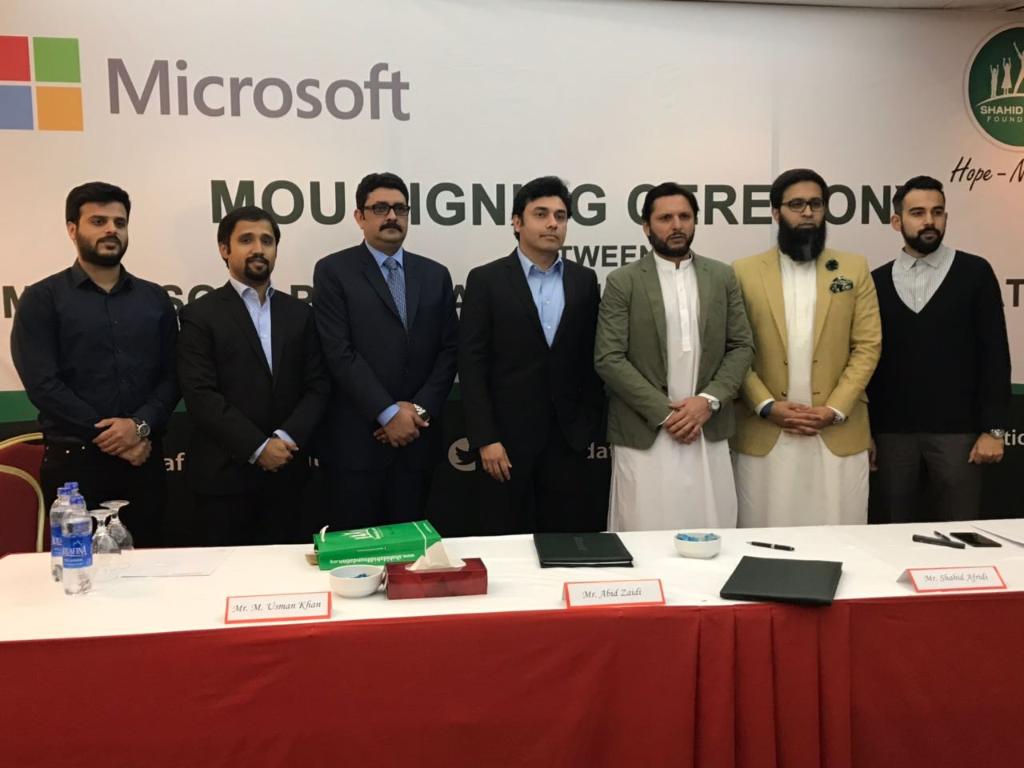Microsoft formally closed its business in Pakistan on July 3, 2025. The world giant departs after 25 years. This is part of a massive worldwide layoff.
In June alone, Microsoft eliminated more than 9,000 positions, many from Xbox and sales forces, as part of a broad restructuring. Today’s announcement provokes contemplation. This is not just a company withdrawal; it’s a wake-up call to the climate our nation has established, in which even giants like Microsoft find it untenable to remain.

Why Did Microsoft Depart?
Economic changes and strategic priorities were reasons given by Microsoft. They want to simplify operations and reduce expenses. Pakistan did not fit their new model anymore. Locally, employees were given layoff notices with a severance package.
The departure is reflective of global actions away from the smaller bases. Many questions arise now:
What shifted?
What was lost?
Where did the leadership, values, and vision go that created this earlier?
This pull-out stings deeply. Microsoft backed business software, enterprise tools, and certification and training programmes in Pakistan. Its departure creates a gap. Local companies no longer have direct access to support.
Customers must now contend with remote workers. Response times could be slower. Industry educators and mentors who created communities side by side with Microsoft wonder what the future holds.
Think about the two decades of foundation established, and who will fill that gap.
Beyond the Business
This isn’t about just markets and costs, it’s about potential and pride. Microsoft created a huge impact on the software community in Pakistan; now, as it departs, many are left questioning the position of the market in the country.
However, if your work ends up leaving behind impact, integrity, and inspiration, then understand that your legacy should endure, even after the operations stop.

Who Can Fill the Gap?
Other players spot an opportunity. Local players such as PakCloud and Systems Ltd are able to provide customised support. International competitors such as AWS and Google may increase local investments, but it will take time for adoption. Throughout this process, companies have to change quickly. They have to seek alternatives proactively.
What Businesses Should Do Now?
- Update licensing deals and support SLAs.
- Reach out to international Microsoft offices for continuity plans.
- Empower internal IT staff to overcome remote support hurdles.
- Look at mixed-and-matched solutions; several services might migrate to AWS or Google Cloud.
The Emotional Remnant
This shutdown leaves more than technical holes. It burns with feeling. It reminds us of our vulnerabilities. But it also remembers what we created together. If you once promoted Microsoft’s programmes here, or achieved growth through them, know your work counted.
Microsoft’s exit marks a chapter. It heralds a change in how Pakistan needs to deal with international technology companies. We have a choice to lament or rebuild. We have a choice to wonder what broke down, or we can spark change that is our own strength. For the group who once brought us here: your legacy remains. And for Pakistan, the challenge is now apparent.
Stay tuned to Brandsynario for latest news and updates




































